Population Health News Roundup: August
IAPHS StaffMembers Making News
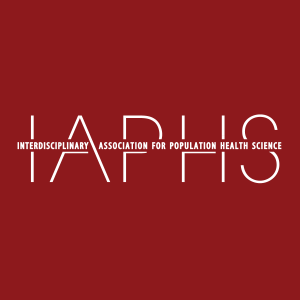 Sandro Galea in The Lancet Psychiatry: More hurricanes driven by climate change can harm mental health. (July 18, 2019)
Sandro Galea in The Lancet Psychiatry: More hurricanes driven by climate change can harm mental health. (July 18, 2019)
Robert Hummer’s new book Population Health in America (co-authored with Erin Hamilton) was just published by University of California Press. (July 2019)
Frank Edwards, Hedy Lee, and Michael Esposito in PNAS: The risk of police deaths is not equal across groups: 1 in 2,000 in men and 1 in 33,00 for women across the lifecourse–and 1 in 1,000 among black men. (August 5, 2019)
Sean Valles in IJFAB: Population health is a feminist science “that approaches health as a phenomenon enmeshed in the diversity, messiness, and injustices of everyday social life.” (July 15, 2019)
Jennifer Karas Monez, Mark D. Hayward, and Anna Zajacova in Socius: Education protects our health from harmful environments, and the authors suggest that this reflects not just individual factors, but also “the ways in which contexts make one’s education important (or not) for obtaining resources and avoiding risks.” State-level cigarette taxes are used to illustrate. (March 11, 2019)
Katherine Dickinson in a World Health Organization Bulletin: A sanitation campaign in rural India led to increased latrine ownership and decreased rates of open defecation. (2019)
Disparities
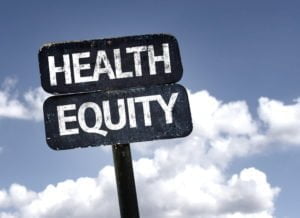 Binge drinking in the senior population: One in ten people over age 65 binge drinks, and the risks associated with binge drinking, including for injury and prescription drug-alcohol interactions-are higher in this age group. (New York Times, August 2, 2019 from NYU and the Journal of the American Geriatrics Society. )
Binge drinking in the senior population: One in ten people over age 65 binge drinks, and the risks associated with binge drinking, including for injury and prescription drug-alcohol interactions-are higher in this age group. (New York Times, August 2, 2019 from NYU and the Journal of the American Geriatrics Society. )
Racism, not race, matters for disparities: Racism is pervasive and the focus should be not on the disparities, but on how racism causes those disparities, says Shaquita Bell in an op-ed. (American Academy of Pediatrics, July 29, 2019).
In tribal communities, incarceration harms health: Native Americans are over-represented in the criminal justice system, worsening already big population health disparities. /(Health Affairs, July 30, 2019)
Police contact harms: Contact with the criminal justice system is harmful to well-being, even when the interaction is minor. (Social Science & Medicine, July 9, 2019)
Self-esteem as a buffer in mental health: High self-esteem may partly explain the findings that black people experience similar or better health than do white people. (Journal of Health and Social Behavior, May 9, 2019)
Mistaken beliefs about black bodies left a legacy: Some doctors still believe myths about racial differences in physiology, including for pain tolerance. (New York Times, August 14, 2019)
Place
 Immigrant neighbors bring better health: Americans born in the U.S. who live in a neighborhood with a high density of immigrants had healthier behaviors and better health. (Preventive Medicine, August 6, 2019)
Immigrant neighbors bring better health: Americans born in the U.S. who live in a neighborhood with a high density of immigrants had healthier behaviors and better health. (Preventive Medicine, August 6, 2019)
Public violence is making us less communal: In community spaces once seen as safe (such as the Gilroy Garlic Festival), mass shootings are making us less safe and more isolated, affecting our interactions and well-being. (CityLab and The Trace, August 5, 2019)
Global Health
 Water woes in Iraq: In Basra, water tainted with sewage and toxins has sent 120,000 people to the hospital. Some blame the government. (Al Jazeera, July 22, 2019)
Water woes in Iraq: In Basra, water tainted with sewage and toxins has sent 120,000 people to the hospital. Some blame the government. (Al Jazeera, July 22, 2019)
Sri Lanka is measles-free. (WHO SE Asia, July 9, 2019)
Obesity is a growing (and expensive) problem in Mexico: Processed foods, sedentary lifestyles, and genetics are among the suggested causes. (Borgen Magazine, July 27, 2019)
Half of Burundi has experienced malaria: Burundi has recorded 5.7 million malaria cases, including 1800 deaths this year. (Al Jazeera, August 6, 2019)
Tech
 Selfies for health assessments?: New app may measure blood pressure and more based on a video selfie. (American Heart Association Newsroom, August 6, 2019)
Selfies for health assessments?: New app may measure blood pressure and more based on a video selfie. (American Heart Association Newsroom, August 6, 2019)
Mobile app for mental health in Fiji: The app asks screening questions to reduce Fiji’s rates of suicide and depression. (ABC Radio Australia Pacific Beat, August 14, 2019)
Policy & Programs
ICE raids have chilling effect: In immigrant communities, ICE raids are keeping kids out of school, people out of church, and doors locked. (CityLab, July 25, 2019)
Smoking laws that work: Areas that limited tobacco sales to people over 21 saw substantially reduced smoking rates in 18-20 year-olds. (Nicotine & Tobacco Research, July 26, 2019)
Medicaid expansion linked to reduced child neglect: States that expanded Medicaid saw lower rates of child neglect. (JAMA Network Open, June 14, 2019)
Providing healthy meals could save money: Providing healthy meals to very ill seniors on Medicare could reduce hospital trips, save significant money. (AP News from Bipartisan Policy Center, July 24, 2019)
Health shocks and job/income loss: Some workers receive no government assistance when they receive a health shock (stroke, memory loss, cancer, heart problems), yet they sometimes leave the workforce, risking a fall into poverty. (Urban Wire, the Urban Institute Blog, August 2, 2019)

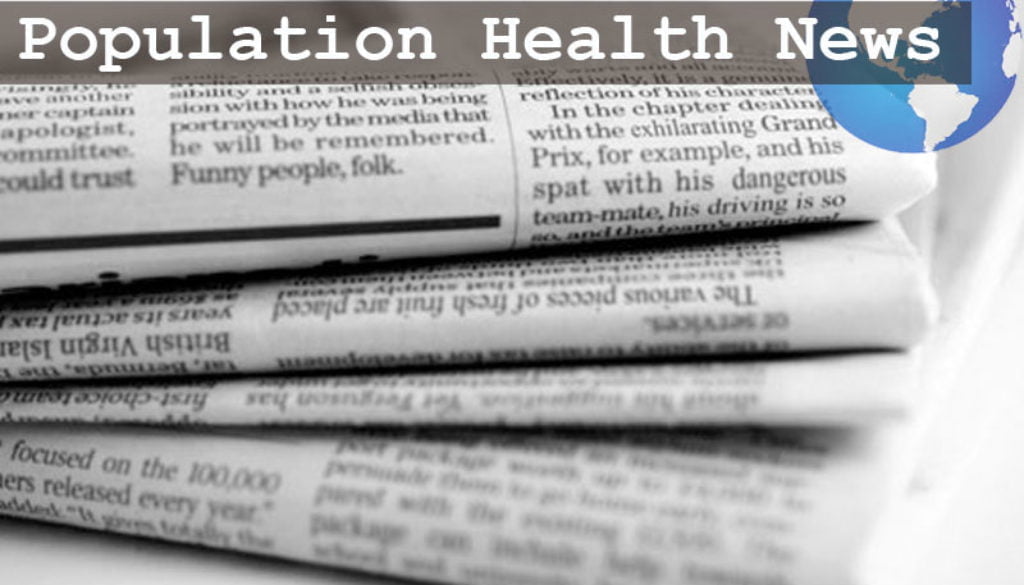
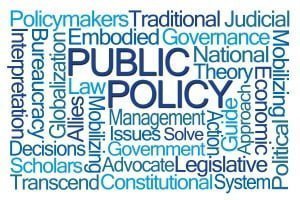
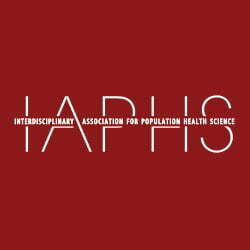
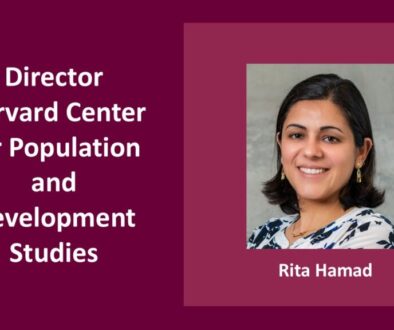


All comments will be reviewed and posted if substantive and of general interest to IAPHS readers.